Let’s Go Hazy: Making Sense of Fair Use After Warhol
Copyright Lately
MAY 22, 2023
Five things to know about the Supreme Court’s new purpose-driven fair use opinion in Andy Warhol Foundation v. Goldsmith (“ Warhol “) is that relatively rare fair use case in which both the original and follow-on works were more or less directly competing in the same market.

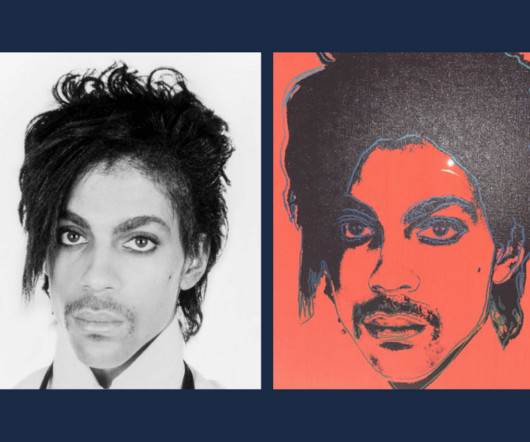
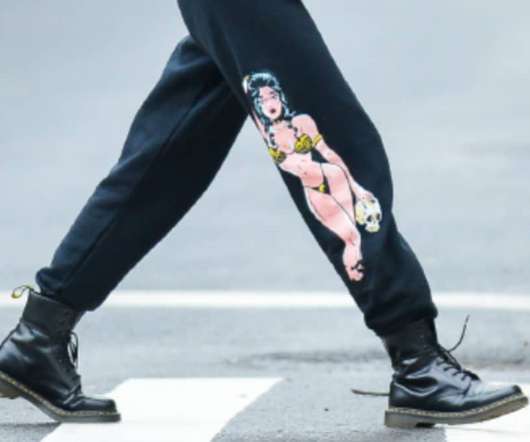
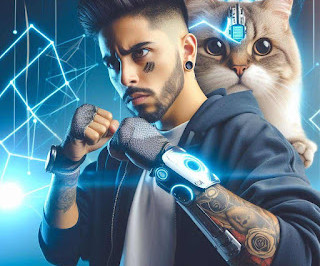



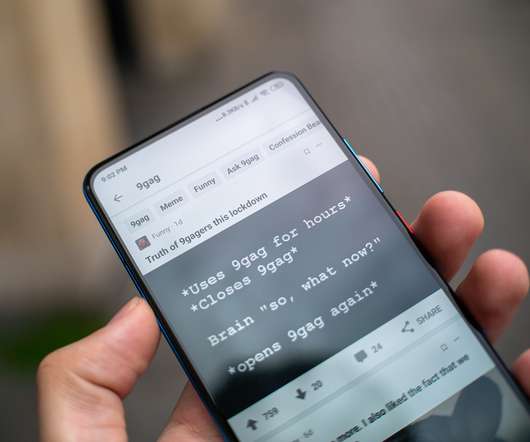
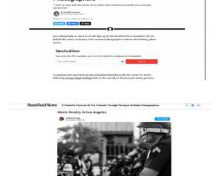
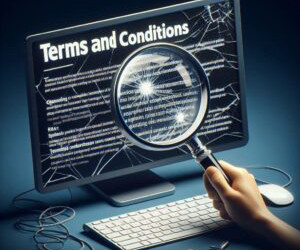
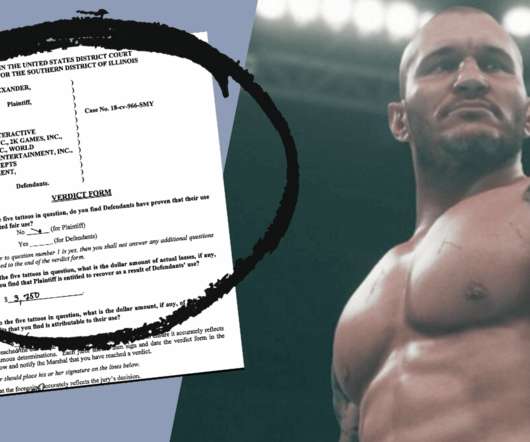
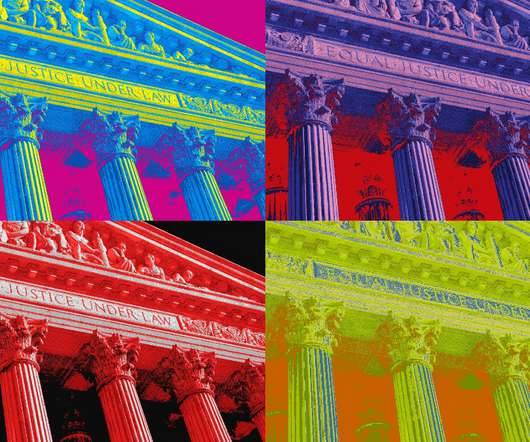
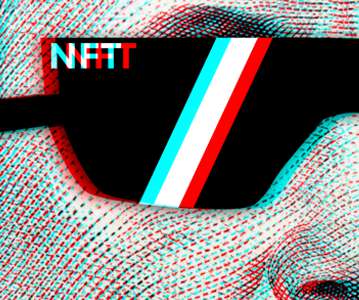
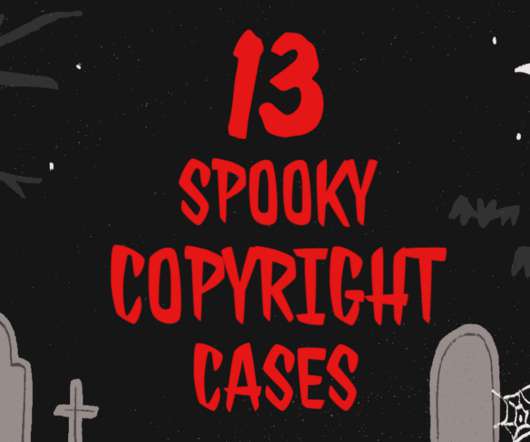






Let's personalize your content